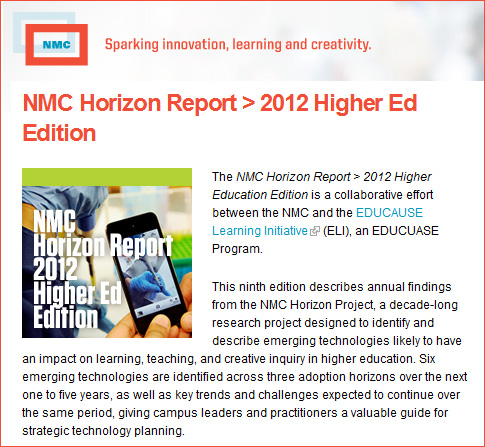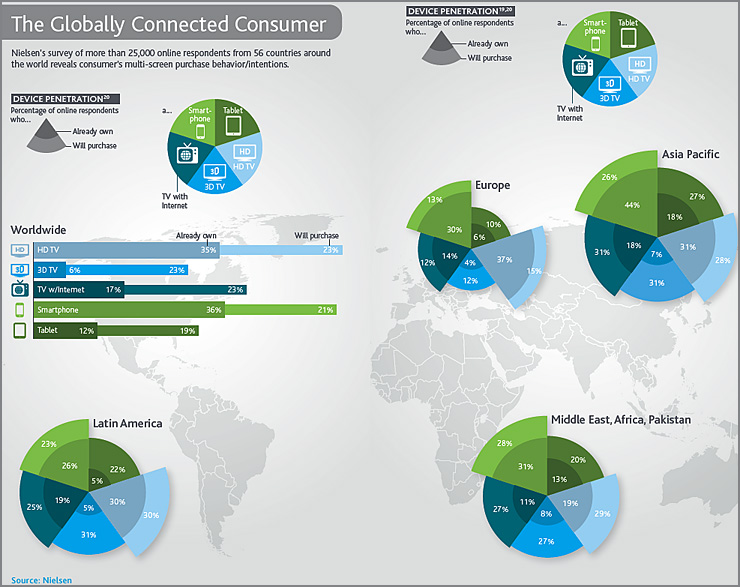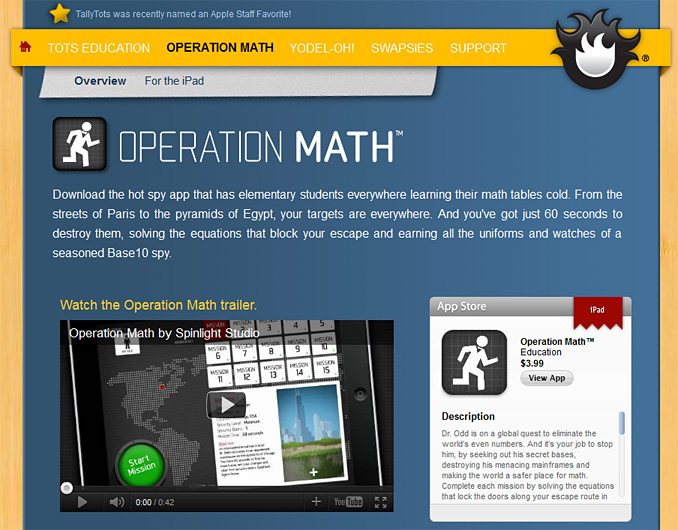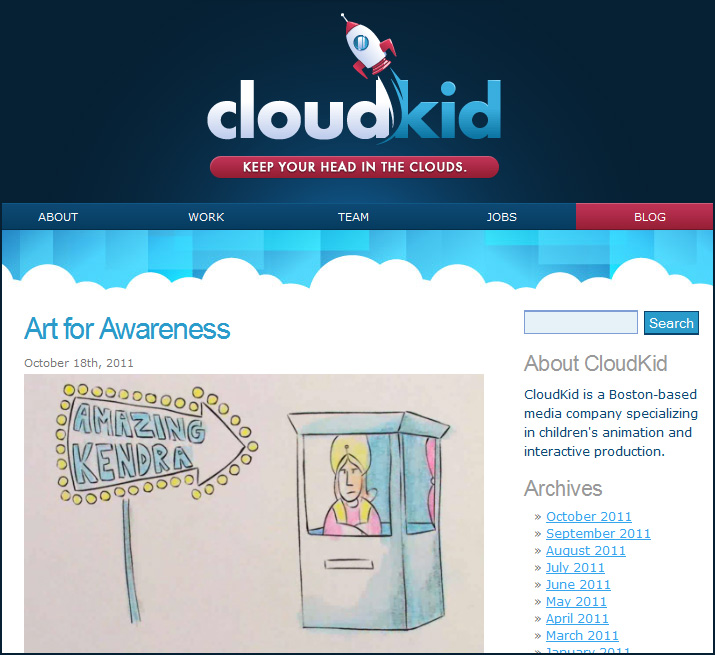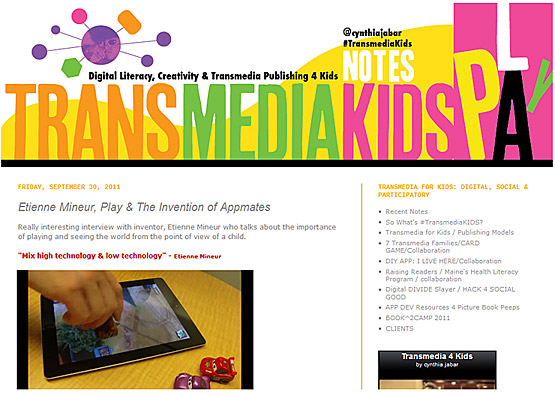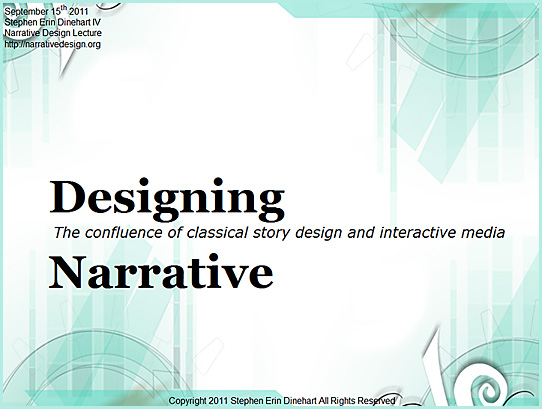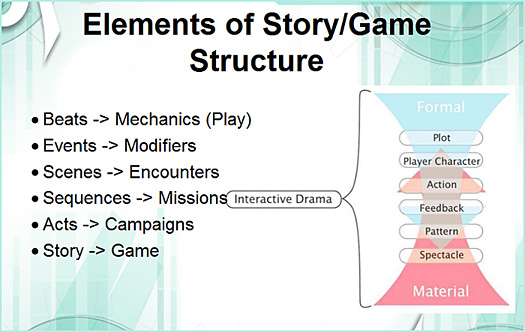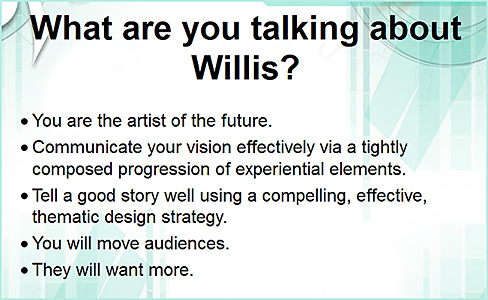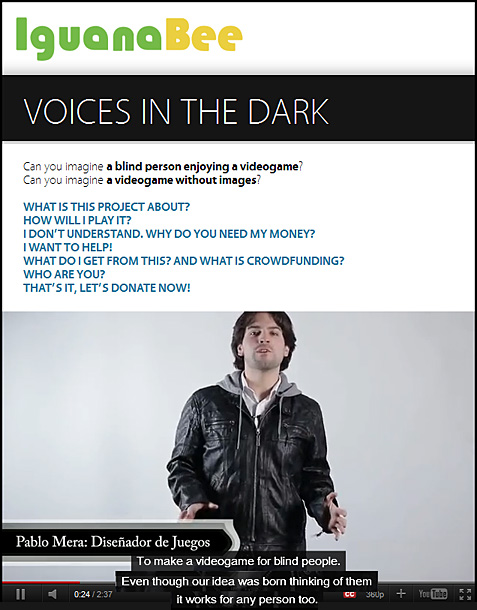On 02/07/2012,
in 21st century, analytics, digital learning, education technology, educational games / serious games, emerging technologies, machine-to-machine communications, publishing, tools, trends,
by Daniel Christian
On 01/12/2012,
in 21st century, 24x7x365 access, A/V -- audio/visual, educational games / serious games, emerging technologies, media/film, online media, technologies for your home, television, TVs,
by Daniel Christian
On 12/12/2011,
in design, digital learning, educational games / serious games, elearning, engagement / engaging students, instructional design, online learning, usability, user experience (UX),
by Daniel Christian
The Inspiration Bookshelf — from Julie Dirksen
From DSC:
Here’s a solid list of resources re: books ID’s should read that seems to support the KISS principle (of which I’m a huge fan) as well as how to make learning fun and engaging.
Here’s a solid list of resources re: books ID’s should read that seems to support the KISS principle (of which I’m a huge fan) as well as how to make learning fun and engaging.
.
Excerpt:
One of the things I had while writing the book was an inspiration bookshelf. These were books that not only inspired the content of Design for How People Learn, but also the style of it. None of these are instructional design books, but they are all books that instructional designers should read…
Also see:
On 12/02/2011,
in active learning, educational games / serious games, engagement / engaging students, real-world assignments, society, sociology,
by Daniel Christian
On 11/28/2011,
in educational games / serious games,
by Daniel Christian
How to design an educational game, part 1 — from Knewton.com by Christina Yu
On 10/18/2011,
in educational games / serious games, elearning, instructional design, online learning,
by Daniel Christian
On 09/15/2011,
in 21st century, design, digital storytelling, educational games / serious games, engagement / engaging students, interaction design, interactivity, story, storytelling,
by Daniel Christian
On 09/13/2011,
in accessibility / UDL, communications, educational games / serious games, neurodivergent/special needs, play,
by Daniel Christian









